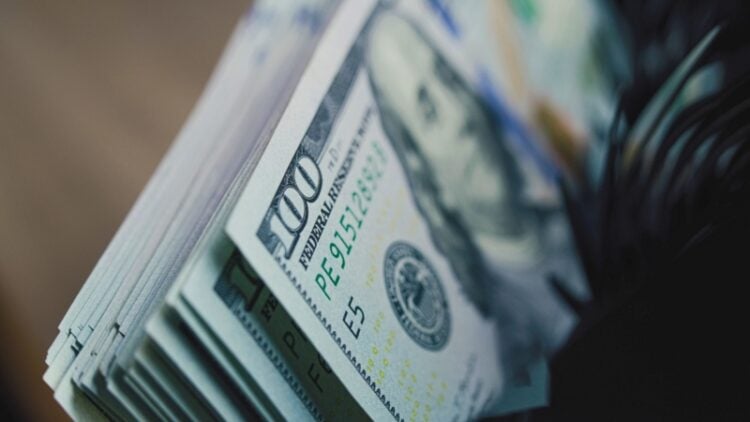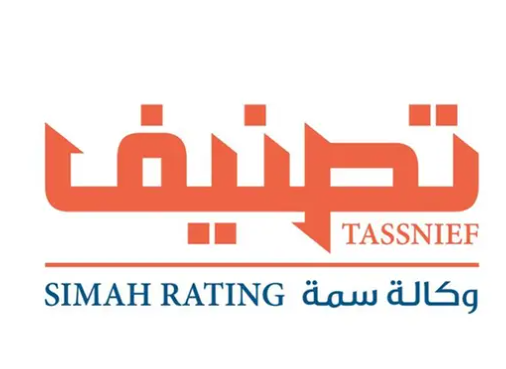Publisher: Maaal International Media Company
License: 465734
US Stock Futures Fall With Dollar, Crude Oil Sinks
The dollar weakened and US equity-index futures dropped, threatening to end the S&P 500 Index’s longest winning streak in two decades, as uncertainty about US trade policy hung over markets. Crude oil slumped after OPEC+’s latest supply increase, Bloomberg reported.
A gauge of the greenback declined for a second day and contracts for the S&P 500 retreated 0.7% after President Donald Trump said he had no plans to talk to his Chinese counterpart this week, though he signaled trade deals with other unspecified partners could come as soon as this week. European stocks were steady in subdued trading, with UK markets closed for a holiday.
Broad dollar weakness sent Asian currencies higher, with the Taiwanese dollar surging as much as 5% in the biggest intraday gain in over three decades. Brent crude oil plunged more than 3% after OPEC+ agreed to a further surge in output. Gold advanced. There was no cash trading in Treasuries.
اقرأ المزيد
Financial markets have steadied in the past two weeks as Trump dialed back his tariffs amid signs that trade talks are progressing, with the S&P 500 rallying for two straight weeks. Still, a trade deal with China would be a prerequisite for the US benchmark to sustain gains, according to strategists at Morgan Stanley led by Michael Wilson.
“Recent cyclical gains in equities don’t change the structural ‘Sell America’ theme,” said Charu Chanana, the chief investment strategist at Saxo Markets in Singapore. “Trade-deal optimism is giving way to the reality of complex, slow-moving negotiations.”
With first-quarter earnings season drawing to a close, focus shifts to the Federal Reserve’s policy decision on Wednesday. The central bank is expected to keep interest rates on hold despite pressure from Trump and concerns about a tariff-induced economic slowdown.
“It will take a couple of months for enough hard data evidence to accumulate to make the case for a cut,” Goldman Sachs Group Inc. economists including Jan Hatzius and David Mericle wrote in a note Sunday. They are are forecasting three consecutive 25 basis point rate cuts in July, September, and October.
The currency strength in Asia has traders on watch for more signs of central bank intervention to protect their currencies from a further rapid appreciation. Speculators have turned the most bearish against the dollar since September.
“There is definitely a weakening momentum in the US exceptionalism trade,” said Rajat Agarwal, an Asia strategist at Societe Generale in Bengaluru, India. “The bias for the US dollar remains on the downside, which is a positive for EM equities and currencies.”
Meanwhile, the OPEC+ major production increase added to supply at a time when demand is challenged by the drag from the trade war. The alliance — led by Saudi Arabia and Russia — has been reversing prolonged output curbs that were meant to support prices, but which cost it market share to rival drillers.
“Risk has skewed rapidly to the downside,” Brian Leisen, a commodity strategist at RBC Capital Markets, wrote in a note to clients.
In corporate news, Shell Plc is working with advisers to evaluate a potential acquisition of BP Plc, though it’s waiting for further stock and oil price declines before deciding whether to pursue a bid, according to people familiar with the matter. Shell may also wait for BP to reach out or for another suitor to make a first move, and its current work may help get prepared for such a scenario, they said.
Warren Buffett, who built Berkshire Hathaway Inc. into a business valued at more than $1.16 trillion and himself into a celebrity billionaire renowned for his investing acumen, will step down at year-end after six decades atop the conglomerate.








